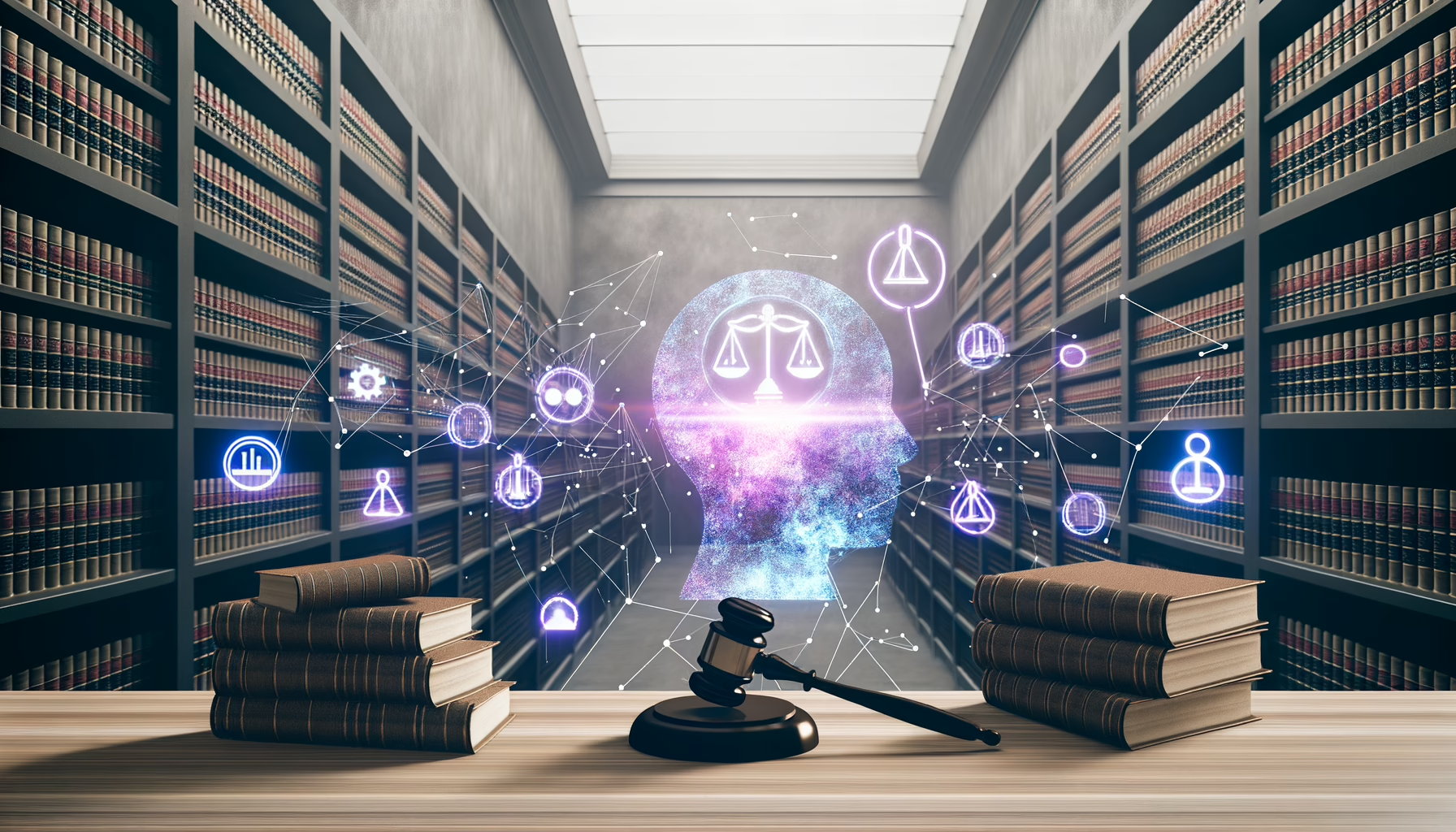Introduction
As the legal landscape becomes increasingly complex, one might wonder if it’s time to hand over the reins to machines. After all, the stereotype of a lawyer buried in case files may soon shift to one confidently chatting with an AI about torts and contracts. AI tools, particularly ChatGPT and others, are not just novelties; they’re turning into vital allies in legal research and writing, a development that merits our attention.
The importance of efficiency in the legal profession cannot be overstated—especially when courts seem to operate at their own pace. While the potential for AI tools to supercharge research and drafting is immense, so too are the challenges they bring, particularly the risk of inaccuracies. Let’s explore how legal professionals are leveraging these tools while keeping their wits about them.
The Real Problem
AI’s advance into the legal realm isn’t without its pitfalls. With roughly 63% of attorneys turning to AI in 2024, the opportunity for efficiency has never been clearer. However, the risk of AI-generated inaccuracies—often referred to as ‘hallucinations’ in the industry—is a serious concern. Imagine submitting a critical filing only to discover that your AI assistant has concocted fictitious cases or made up citations. It’s a sure-fire way to secure a firm’s reputation as “that law office” that files dubious claims.
The American Bar Association has cautioned that lawyers must grasp the risks of generative AI comprehensively. This includes treating AI outputs with the same scrutiny they would apply to work from a junior associate. Opinions on AI’s use are divided; some herald both its practicality and potential, while others urge caution in reliance solely on technology for something as critical as legal research.
Tools That (Actually) Help
Now, not all AI tools are created equal. Enter Lexis+ AI—a platform that combines a personalised AI assistant with trusted LexisNexis content to enhance legal efficiency. According to a Forrester study, large law firms have reported an astounding 344% return on investment using this service. The platform offers functions such as comprehensive legal research, document drafting, and deposition question preparation, all accessible through a handy mobile app. Users can even create a secure document repository (yes, they call it the Vault) for a streamlined experience.
But here’s the kicker: while Lexis+ AI brings serious efficiency to the table, users must maintain an active role. No AI should replace the nuanced judgement of a legal professional—after all, who else would keep a straight face during a courtroom drama?
Spellbook: The Magic of AI
Another contender worth noting is Spellbook. This comprehensive tool aims to serve the commercial lawyer by dramatically speeding up tasks like contract review and drafting while still nestled comfortably within Microsoft Word. Imagine shifting hours of work into mere minutes—not exactly a bad trade-off if you’re juggling multiple cases.
Among its most appealing features are advanced machine learning capabilities that yield accurate data extraction and up-to-date legal information. Smart citation suggestions and automated document summarisation add to its charm. Spellbook is not here to replace lawyers but to assist them, allowing for greater oversight and strategic input. But remember, even the most reliable accomplice can’t replace a seasoned attorney’s insight.
Caution: AI Ahead
While embracing AI in legal domains, professionals must also acknowledge challenges lurking in the shadows. Tools like Bloomberg provide remarkable AI-enhanced research capabilities, improving case law speed and creating efficiencies that were hard to come by just a few years back. Yet, risks like inaccuracies in outputs and client confidentiality vulnerabilities should cause a raised eyebrow or two. Ignoring these aspects could sink even the most innovative of law firms.
Therefore, while it’s tempting to lean heavily on such technology, a healthy layer of human oversight remains essential. It’s a brave new world of AI-led legal support, but that doesn’t mean we should jump in without a life preserver.
Final Thoughts
AI tools are shaking up the legal profession and promoting a level of efficiency previously thought impossible. By harnessing the power of tools like Lexis+ AI and Spellbook, lawyers can slash the time spent on research and drafting, potentially saving clients both time and money. Nevertheless, the world of AI in law is also fraught with challenges. Those who tread cautiously—valuing accuracy and professional insight over blind trust in technology—stand to gain the most.
In the end, it’s not about replacing the lawyer with a dazzling machine but integrating technological advancements as powerful allies. And with a pinch of human oversight, we may just navigate this new digital landscape successfully.







